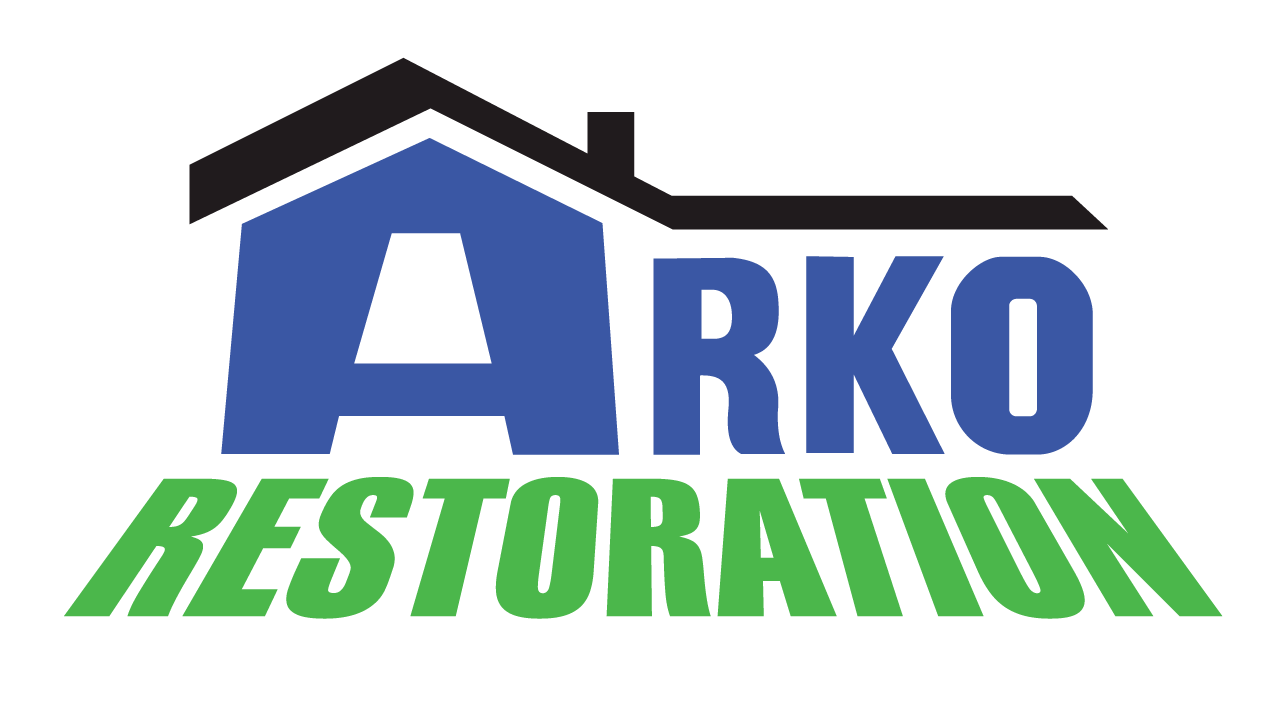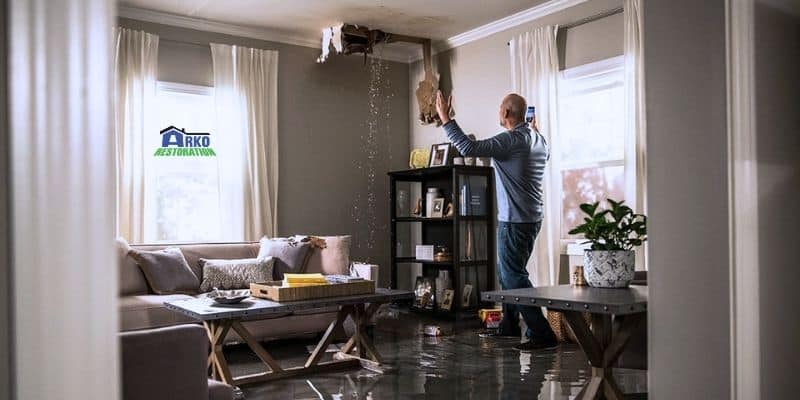Facing water damage in your home or business can be overwhelming, but hiring the right water damage restoration professionalcan make all the difference. However, with so many restoration companies out there, how do you know which one is the best fit for your needs? In this guide, we’ll explore the crucial questions you should ask when vetting water damage restoration professionals. From understanding their experience and certifications to clarifying their process and timeline, we’ll help you confidently navigate the selection process. Join us as we delve into the key inquiries that will ensure you choose a reputable and reliable partner to restore your property to its pre-damage condition.
1. Experience and Expertise:
- Years in Business: Inquire about the company’s years of experience in the water damage restoration industry and their track record of successful projects.
- Specialized Training: Ask about the training and certifications of their technicians, including certifications from the Institute of Inspection, Cleaning and Restoration Certification (IICRC) or other relevant organizations.
- Specific Experience: Inquire if they have experience in handling specific types of water damage, such as floods, burst pipes, or sewage backups.
- References and Case Studies: Request references from previous clients or case studies highlighting successful restoration projects similar to yours.
2. Availability and Response Time:
- 24/7 Availability: Ensure the restoration company offers round-the-clock emergency services to address water damage promptly, regardless of the time of day.
- Response Time: Inquire about their typical response time to emergency calls and their process for prioritizing urgent situations.
- Capacity: Ask about their capacity to handle multiple simultaneous emergencies, especially during peak seasons or natural disasters.
- Communication Channels: Inquire about the communication channels they use for emergency calls, such as phone lines, email, or mobile apps.
3. Assessment and Inspection Process:
- Comprehensive Assessment: Ask how they conduct initial assessments to evaluate the extent of water damage, including inspections of affected areas and moisture measurements.
- Documentation: Inquire about their process for documenting the damage, including photographs, moisture readings, and written reports.
- Testing Equipment: Ask about the types of testing equipment they use for moisture detection and mold assessment, such as infrared cameras or moisture meters.
- Consultation: Inquire if they offer consultations or walkthroughs before starting the restoration process to discuss the scope of work and address any concerns.
4. Water Extraction and Drying Techniques:
- Equipment: Ask about the types of equipment they use for water extraction and drying, such as truck-mounted extractors, industrial fans, and dehumidifiers.
- Drying Process: Inquire about their drying techniques and protocols for ensuring thorough drying of affected areas, including monitoring moisture levels and adjusting equipment as needed.
- Safety Measures: Ask about the safety measures they implement during water extraction and drying to protect both workers and occupants from hazards such as electrical shock or structural collapse.
- Secondary Damage Prevention: Inquire about their strategies for preventing secondary damage during the drying process, such as carpet delamination or wood warping, and their protocols for addressing any issues that arise.
5. Mold Remediation Procedures:
- Mold Inspection: Ask how they assess for mold growth in water-damaged areas and their process for identifying and remediating mold contamination.
- Prevention Measures: Inquire about their strategies for preventing mold growth during the drying process and their use of anti-microbial treatments.
6. Insurance Coverage and Billing Practices:
- Insurance Liaison: Ask if they work directly with insurance companies to facilitate claims and if they can provide assistance with the claims process.
- Transparent Billing: Inquire about their billing practices, including cost estimates, itemized invoices, and any potential additional charges for services or materials.
7. Timeline for Restoration:
- Project Schedule: Ask for an estimated timeline for completing the water damage restoration process, including the initial assessment, water extraction, drying, and any necessary repairs.
- Communication: Inquire about how they communicate with clients throughout the restoration process to provide updates on progress and any delays.
8. References and Customer Reviews:
- References: Request references from past clients or ask for testimonials to gauge the company’s reputation and customer satisfaction.
- Online Reviews: Research online reviews and ratings from third-party websites to gather feedback from previous customers about their experiences with the restoration company.
9. Guarantees and Warranties:
- Workmanship Guarantee: Inquire about any guarantees or warranties offered on their workmanship and the materials used in the restoration process.
- Follow-Up Services: Ask if they provide follow-up services or inspections after the restoration is complete to ensure the problem has been fully resolved.
10. Emergency Preparedness Plans:
- Emergency Protocols: Inquire about their emergency preparedness plans for handling large-scale disasters or catastrophic events that may require rapid mobilization of resources.
- Communication Channels: Ask how they communicate with clients during emergencies and their procedures for coordinating with local authorities and emergency responders.
By asking these essential questions when vetting water damage restoration professionals, you can make an informed decision and choose a reputable and reliable partner to restore your property to its pre-damage condition.
Conclusion:
In conclusion, selecting the right water damage restoration professional is crucial for ensuring a successful restoration process and prompt return to a safe and habitable environment. By asking the right questions during the vetting process, you can gain valuable insights into the company’s experience, expertise, and ability to handle your specific restoration needs.
From assessing their years in business and specialized training to understanding their availability, response time, and assessment process, each question plays a vital role in determining the reliability and suitability of a restoration company. Additionally, delving into their water extraction and drying techniques, as well as their approach to preventing secondary damage, can assure of their commitment to thorough and effective restoration.
Ultimately, by seeking references, reviewing case studies, and conducting thorough research, you can make an informed decision and choose a reputable and reliable partner to restore your property to its pre-damage condition. With the right restoration professional by your side, you can navigate water damage challenges with confidence and peace of mind, knowing that your property is in capable hands.

